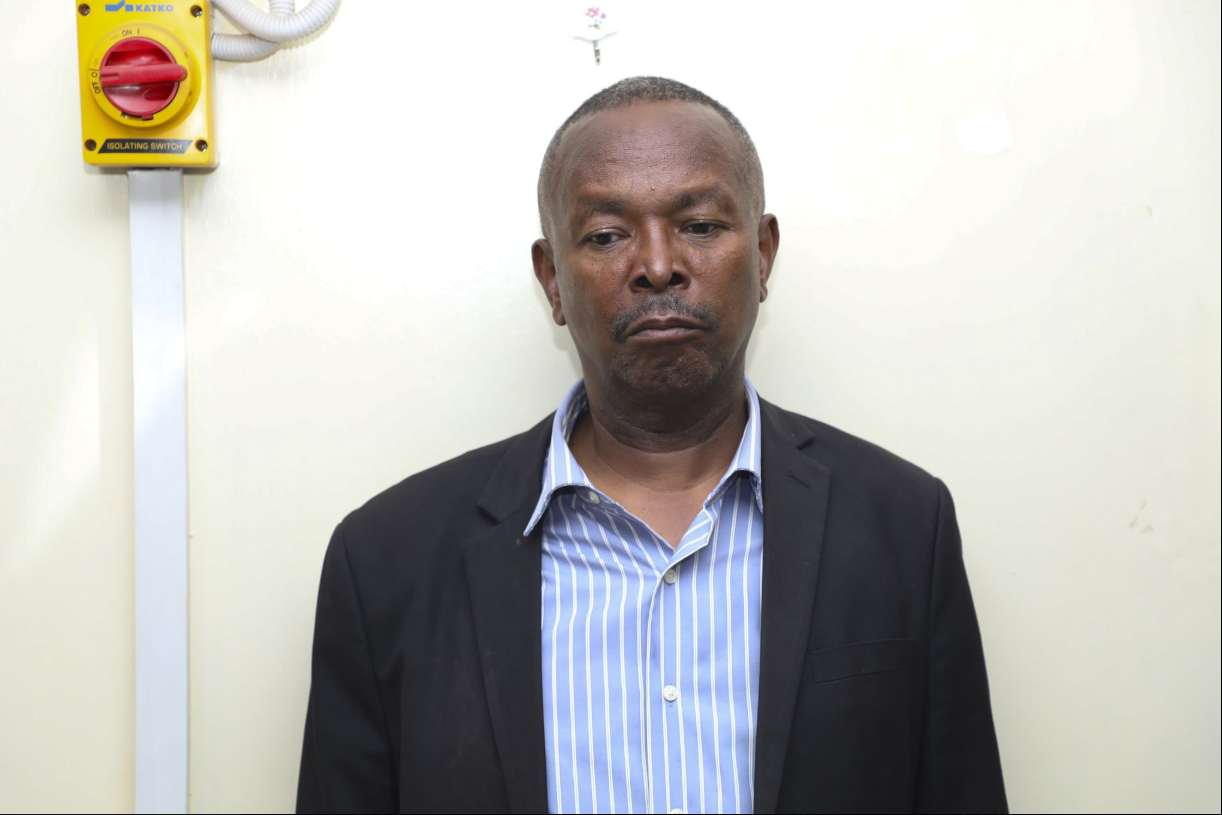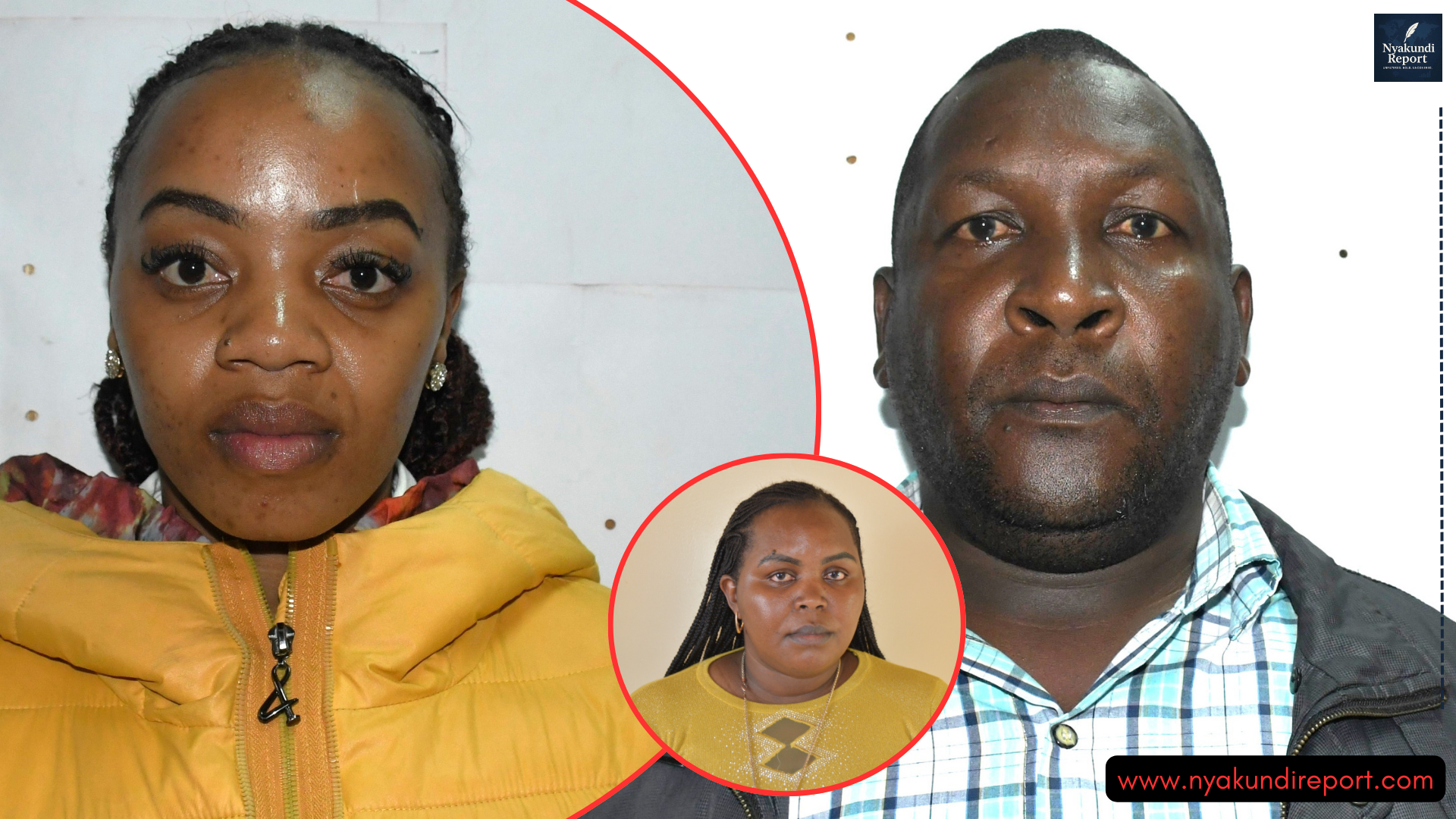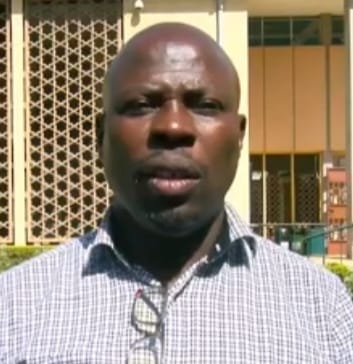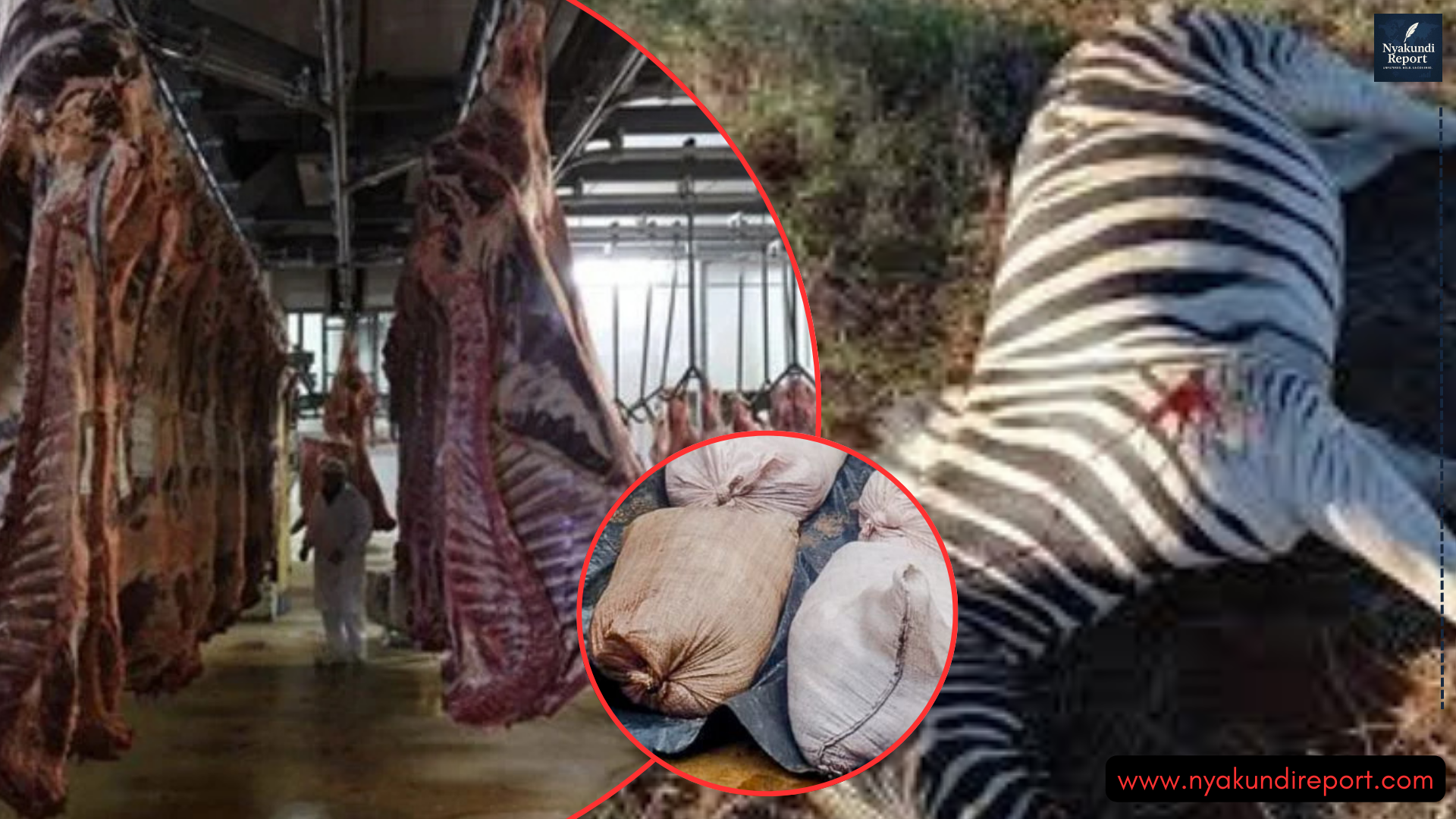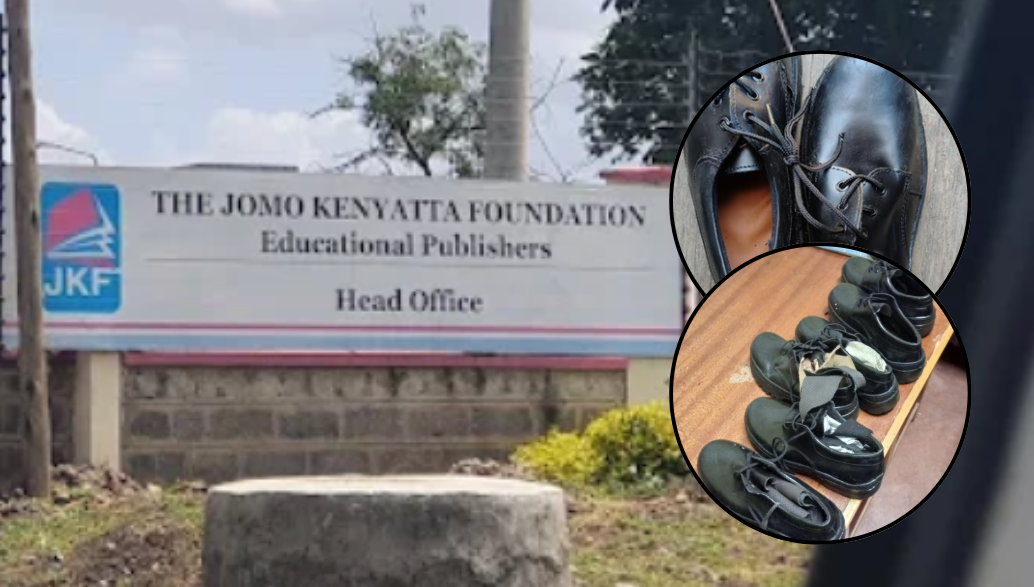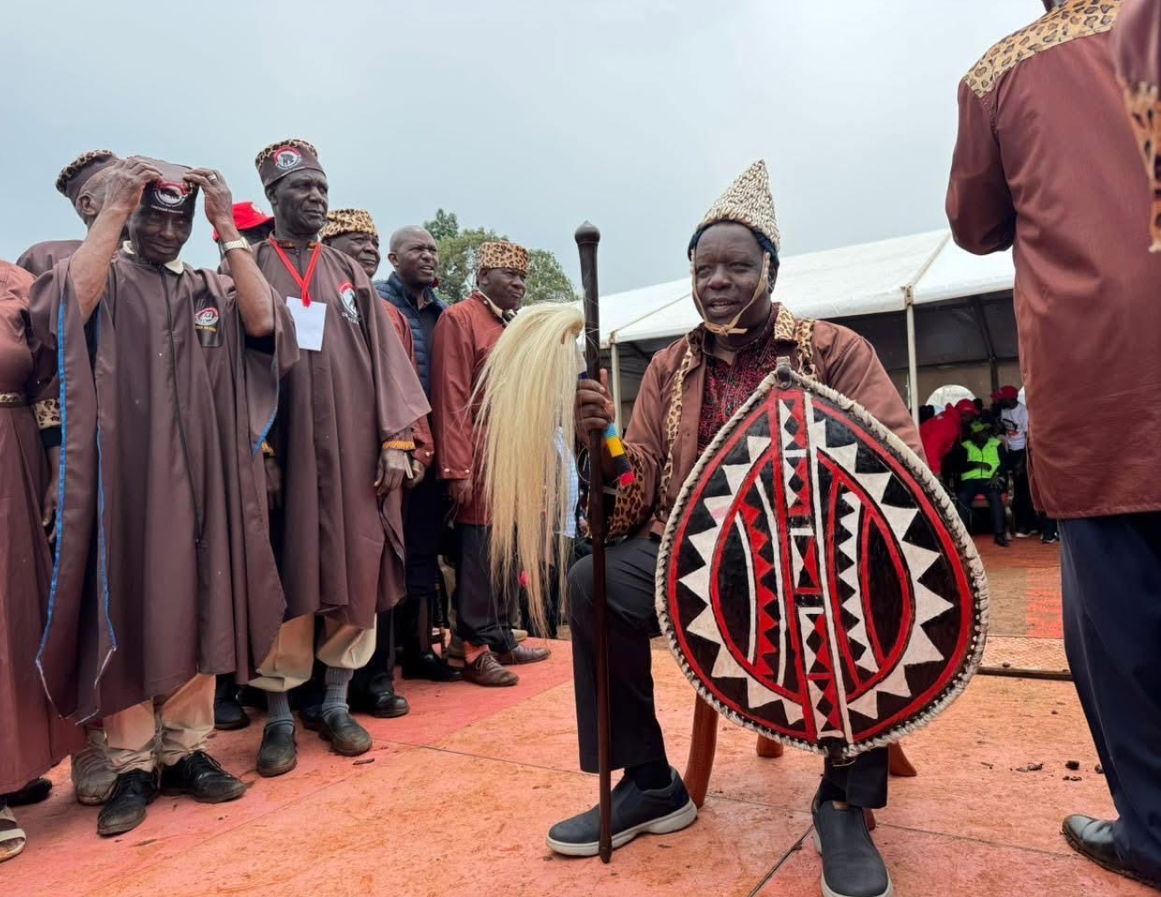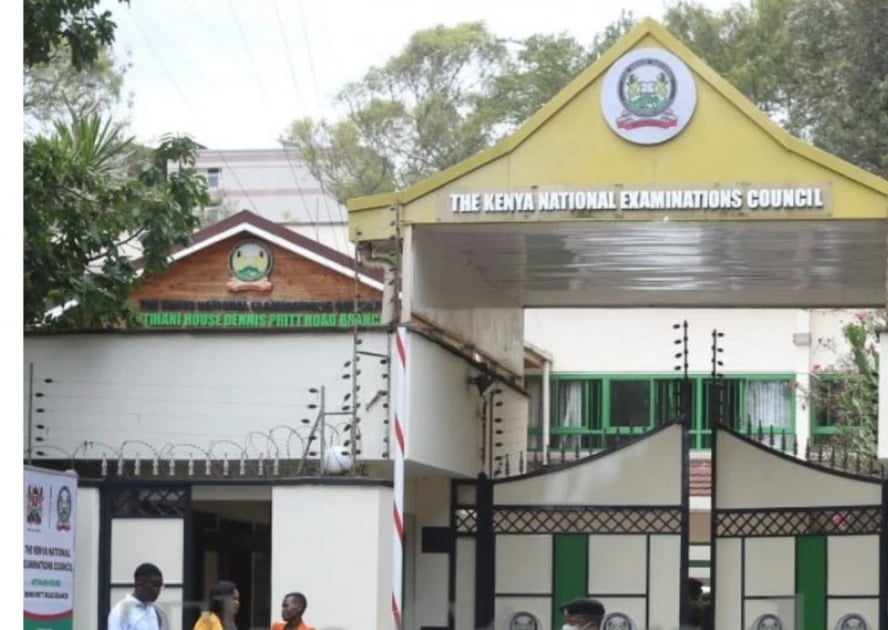Moringa farming in Kenya is gaining attention for all the right reasons. Known as the miracle tree, moringa thrives in dry areas and produces leaves, seeds, and oil packed with nutrients. It grows fast, withstands drought, and is easy to manage.
From making herbal powders to cooking vegetables, this tree is a goldmine for farmers. With its rich vitamins, minerals, and healing benefits, moringa is becoming a powerful tool in Kenya’s fight against malnutrition and poverty. Here’s how you can tap into its full potential.

Understanding Moringa Farming In Kenya
Moringa farming in Kenya is ideal due to the country’s warm climate. The tree, also called the drumstick tree, thrives in tropical and semi-arid regions. It grows best in well-drained sandy or loamy soil with a pH between 6.2 and 7.0. Farmers across the country, from Kitui to Kilifi, are turning to moringa due to its fast growth and low water needs.
Moringa trees mature in 8–12 months and can be harvested up to three times a year. The leaves, pods, seeds, and even roots can be sold or processed. With rising demand for natural health products, the market for moringa is growing both locally and internationally.
Benefits Of Growing Moringa In Kenya
High Market Demand
Moringa products are in demand in supermarkets, herbal shops, and export markets. Powder, oil, and dried leaves fetch good prices.
Health And Nutritional Value
Moringa is rich in Vitamins A, B, C, proteins, calcium, iron, magnesium, zinc, and phosphorus. It helps boost immunity and treats various health issues.
Drought Resistant
It survives in dry areas with minimal rainfall. This makes it ideal for farmers in arid and semi-arid lands.
Multiple Uses
Leaves are eaten fresh or dried into powder. Seeds are pressed for oil. The whole tree offers multiple revenue streams.
How To Start Moringa Farming In Kenya
Land Preparation
Clear the land of weeds and plough it thoroughly. Moringa prefers well-drained soils. Avoid waterlogged areas.
Planting
Moringa can be grown from seeds or cuttings. Seeds are planted directly into the ground or in nursery bags. Spacing should be about 1 meter by 1 meter for leaf production or 2.5 meters by 2.5 meters for seed and pod production.
Watering
During early growth, water lightly but regularly. After maturity, the tree needs minimal watering and can survive on rainfall alone.
Fertilization
Apply compost or well-rotted manure to boost growth. Avoid chemical fertilizers for organic production.
Weeding
Keep the field weed-free to reduce competition for nutrients and water.
Pruning
Regular pruning helps the tree produce more leaves and stay manageable in size.
Harvesting And Processing
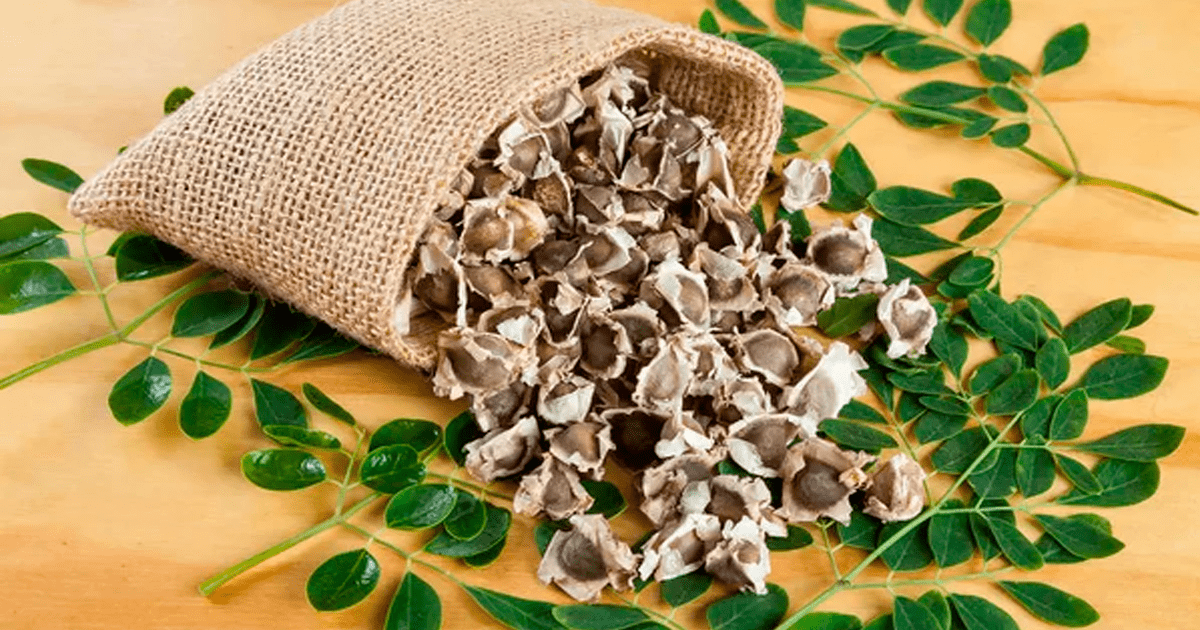
Pods can be harvested when young and soft for cooking or when dry for seed collection. Seeds are used to produce oil or grow new trees.
Common Challenges And Solutions
Pests And Diseases
Moringa is generally resistant to most pests. However, aphids and caterpillars can occasionally attack. Use organic pest control methods such as neem oil.
Poor Germination
Ensure seeds are fresh and plant during warm seasons for better germination rates.
Market Access
Start small and connect with local health stores or sell directly to consumers online. Join farmers’ cooperatives to access bulk buyers and exporters.
Where To Buy Moringa Seeds And Products In Kenya
Here is a list of reliable moringa suppliers in Kenya:
- Tree Treasures Ltd – Specializes in moringa oil. Email: [email protected]
- Kilifi Moringa Estates Ltd – Grows and sells seeds, oil, and leaves. Contact: 0721 388 401
- Moringa Health Shop – Based in Nairobi, sells a variety of moringa products. Contact: 0722 486 832
- Think Organic – Nairobi-based supplier. Email: [email protected]
- Farmsyde Organics Ltd – Offers organic superfoods, including moringa. Contact: 0786 935 180
- Tierra Moringa – Grows and processes nutrient-rich moringa products.
- Vegan Kenya – Distributes powder, oil, and leaves. Email: [email protected]
- Me Moringa For Life – Located in Msambweni. Email: [email protected]
- Vikli Trading – Offers organic moringa seeds. Location: Kikambala Road, Nairobi. Email: [email protected]
- Pamoja Kenya – Online seller of seeds and processed products.

